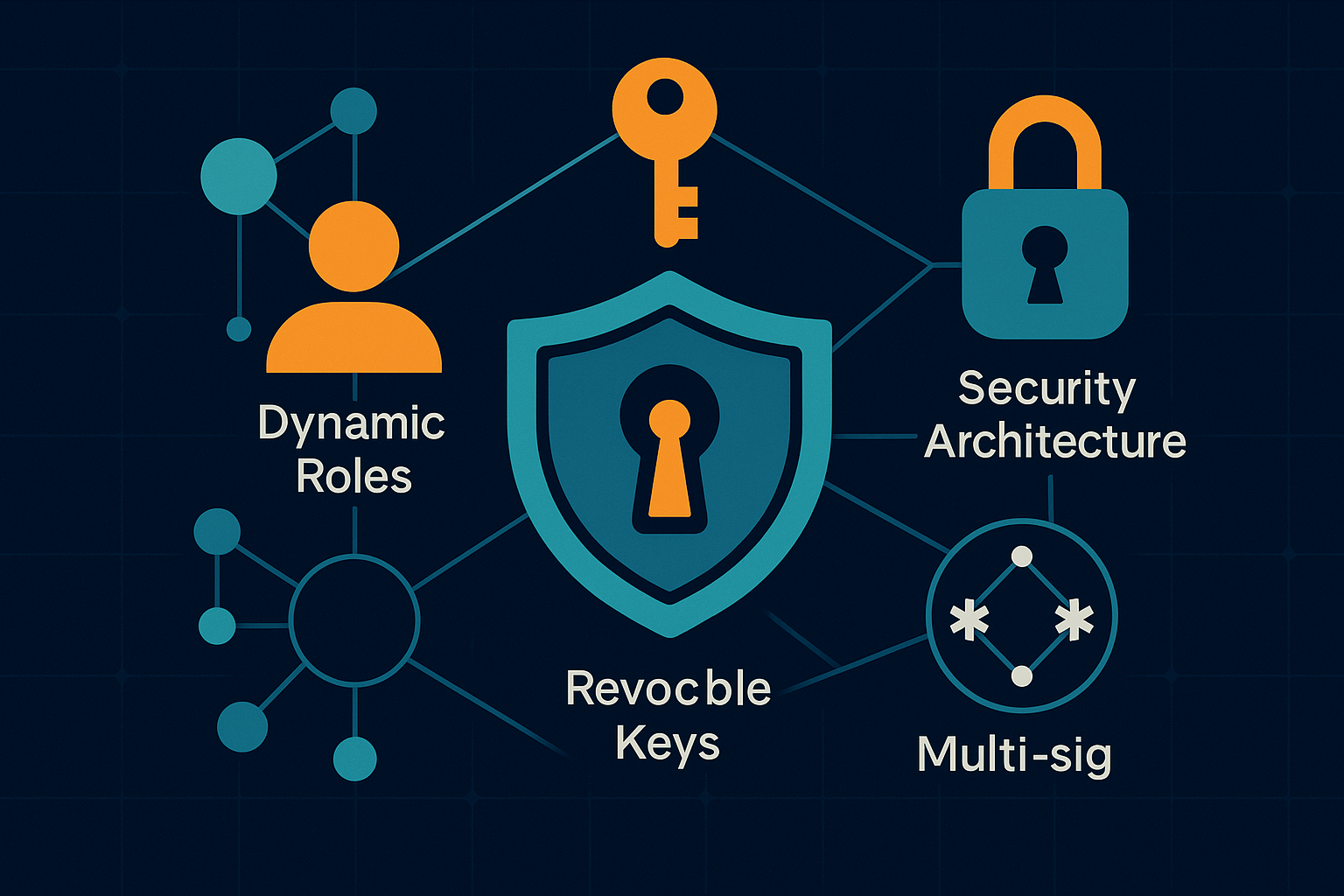Trusts have long been a tool for preserving wealth, protecting assets, and planning for the future. But they’ve also been notoriously slow, expensive, and opaque—burdened by paperwork, legal gatekeeping, and high administrative overhead. WorthyTrust changes that. By replacing traditional trust structures with smart-contract-based programmable trusts, we reduce setup time from weeks to minutes and cut costs by over 90%. In this article, we’ll break down the economics behind the shift, compare traditional and on-chain models side by side, and show why programmable trusts are the clear winner for modern estate planning and asset management.
Why Traditional Trusts Are Expensive
Creating and maintaining a traditional trust typically involves a range of hidden and recurring costs. The most common include:
- Legal fees: Drafting the deed, structuring tax implications, and amending the trust can easily run $3,000–$10,000.
- Trustee fees: Professional trustees often charge 1–2% annually based on assets under management.
- Administrative overhead: Manual record keeping, wire fees, and compliance checks add friction and costs.
- Amendment delays: Changing terms requires new documents, notaries, and in some cases, court approval.
These costs add up fast, especially when the trust spans multiple decades or must be managed across borders.
What Makes Programmable Trusts Cheaper
With WorthyTrust, you’re not paying for time—you’re paying for logic. The platform uses self-executing smart contracts to handle all the core functions of a trust: asset holding, conditional distribution, role delegation, and record keeping. Because there’s no hourly billing, no third-party trustees, and no paper trail, costs are dramatically reduced.
Here’s how:
- Flat deployment fee: One-time cost to set up your trust on-chain, typically a fraction of a legal retainer.
- No annual trustee fees: Smart contracts act as the administrator, distributing funds and enforcing logic without charging percentages.
- Automated compliance: Built-in checks ensure assets move according to preset conditions, with optional KYC/AML modules if needed.
- Zero paperwork: Amendments, triggers, and beneficiary changes are handled via UI and secured on-chain—no notaries required.
The result? Most users launch a fully functional, auditable trust for under $500 including gas fees—about 10% of what a comparable legacy trust would cost.
Time Is Money: Setup in Minutes, Not Months
A traditional trust can take four to eight weeks to set up, especially if it involves legal consultations, multiple stakeholders, or cross-border assets. With WorthyTrust, setup takes less than 30 minutes.
You simply:
- Connect your wallet
- Choose a trust template
- Add beneficiaries and define triggers
- Deposit assets
- Deploy the trust
Once deployed, the smart contract begins executing immediately. There’s no scheduling delays, no back-and-forth, and no dependency on business hours. This is especially valuable in situations where urgency matters—such as funding a grant, onboarding DAO contributors, or responding to a volatile market.
Lifetime Cost Comparison
To visualize the difference, here’s a typical scenario:
Traditional Trust:
- $6,000 legal setup
- $1,500/year in trustee/admin fees
- $1,000+ per amendment over a 10-year period
Total 10-year cost: $20,000+
WorthyTrust:
- $300–$500 setup (including gas)
- $0/year in ongoing fees
- $0 for most amendments (handled in-app)
Total 10-year cost: $500 or less
That’s over 95% savings—and the gap widens with trust complexity, number of beneficiaries, or assets under management.
Scalability: Trusts at Internet Scale
Because WorthyTrust’s infrastructure is software-driven, one grantor can create dozens—or hundreds—of trusts without additional friction. This is nearly impossible with a traditional legal firm unless you’re ready to absorb significant operational cost. For DAOs, family offices, or philanthropic entities managing many separate allocations, this scalability turns WorthyTrust from a tool into a full platform.
Transparency and Auditability = Fewer Mistakes
Another hidden cost in traditional trusts is human error. Misfiled documents, ambiguous clauses, or missed deadlines can trigger costly disputes or unintended distributions. With programmable trusts, all actions are deterministic and on-chain. The smart contract executes what it’s told—nothing more, nothing less. Every transfer, trigger, and update is logged publicly, creating a tamper-proof audit trail. This means fewer mistakes, lower risk, and reduced need for legal mediation.
Final Thoughts
Legacy trust structures are built for a world of paper, postage, and middlemen. WorthyTrust is built for a world of wallets, smart contracts, and real-time coordination. By automating enforcement and removing unnecessary intermediaries, we reduce both time and cost by an order of magnitude—without sacrificing security, flexibility, or transparency.
If you’re ready to save thousands and reclaim control over your estate or treasury, create your programmable trust today at WorthyTrust.io.



